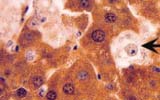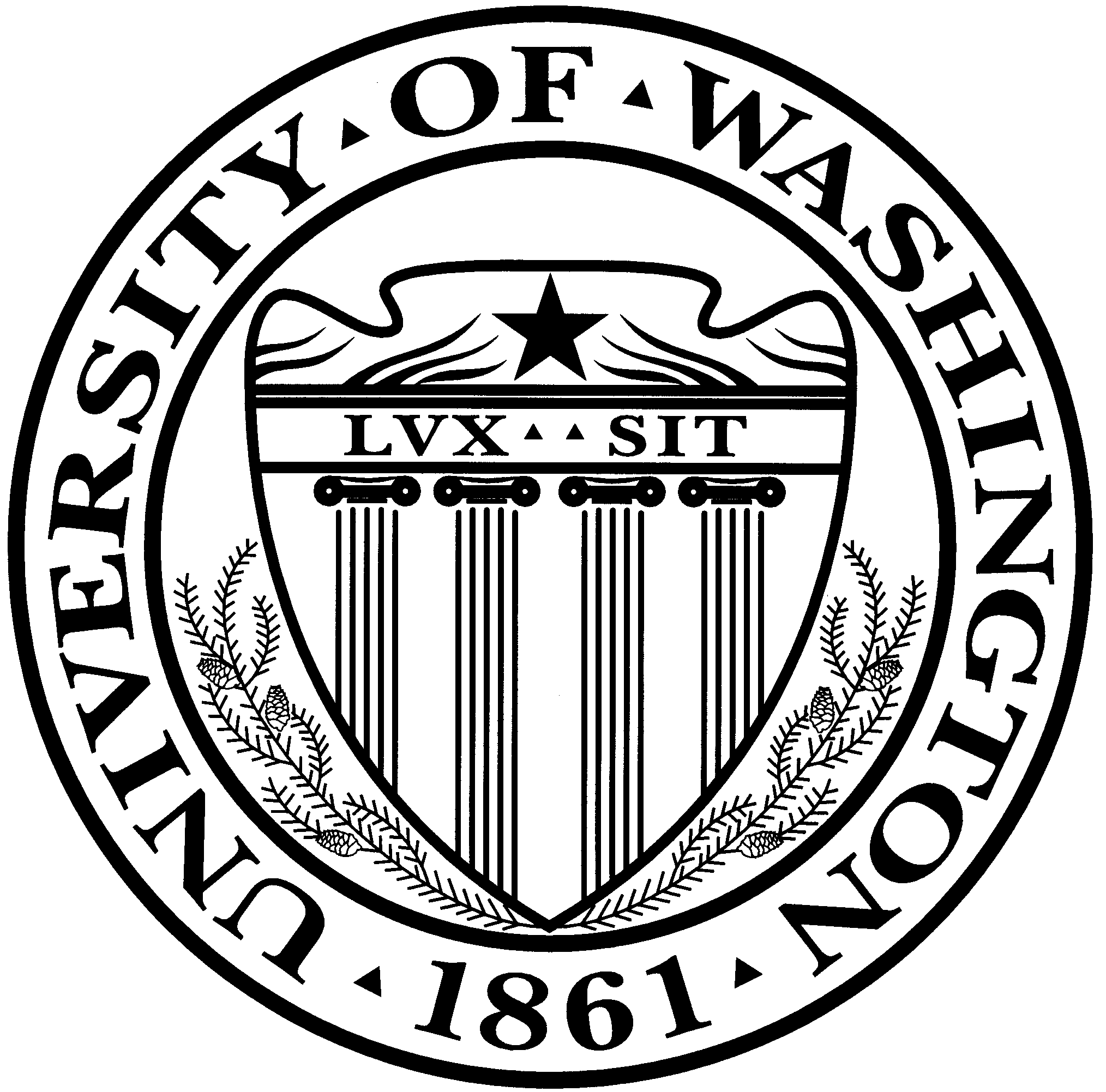Russell Lab
Division of Hematology, School of Medicine, University of Washington
Research
Dr. Russell’s research program focuses on the development of improved methods for manipulating mammalian genomes in living cells. The technologies being developed have applications in stem cell biology, gene therapy, and somatic cell genetics.
Adeno-Associated Virus (AAV) vectors are under investigation, including research on transduction mechanisms, chromosomal integration, and the development of gene targeting vectors that introduce precise sequence changes at homologous chromosomal loci. One goal of these studies is to carry out therapeutic gene targeting in human cells to treat genetic diseases. This approach is being applied towards the treatment of osteogenesis imperfecta (brittle bone disease), hemoglobinopathies, and muscular dystrophy. AAV-mediated gene targeting is also being used to engineer human pluripotent stem cells with improved engraftment potential by manipulating histocompatibility and blood group antigen genes.
Vectors based on Foamy Viruses (an alternative retroviral vector system) are another research interest. These vectors offer many advantages, such as a lack of pathogenicity, efficient transduction of stem cells, wide host range, and large packaging capacity. Ongoing projects include the development of improved vector production methods, analyzing the effects of vector integration, testing in pre-clinical animal disease models, and genetic reprogramming of somatic cells to pluripotency. Recent work has shown that Foamy Virus vectors can efficiently transduce hematopoietic stem cells from mice, dogs, and humans. Vectors are being developed for the treatment of leukocyte adhesion deficiency and AIDS.
A particular focus of the laboratory is the genetic manipulation of stem cells. Experiments are underway with hematopoietic stem cells, mesenchymal stem cells, hepatic stem cells, embryonic stem cells and induced pluripotent stem cells. By efficiently introducing genetic changes into stem cells, basic aspects of stem cell biology are being addressed, including studies on developmental potential, transplantation, cell fusion, and nuclear reprogramming. In addition, human stem cells are being engineered for future use in patient-specific cell therapies.


